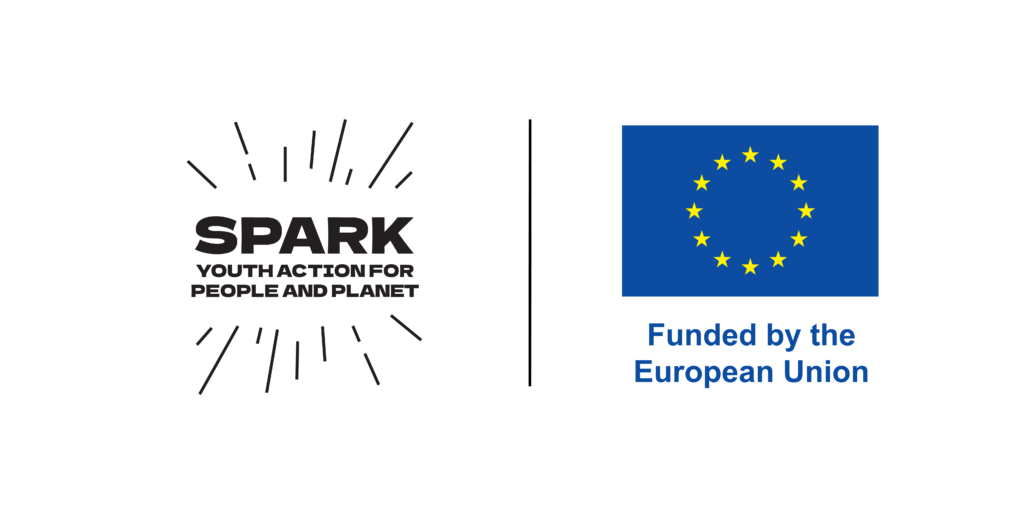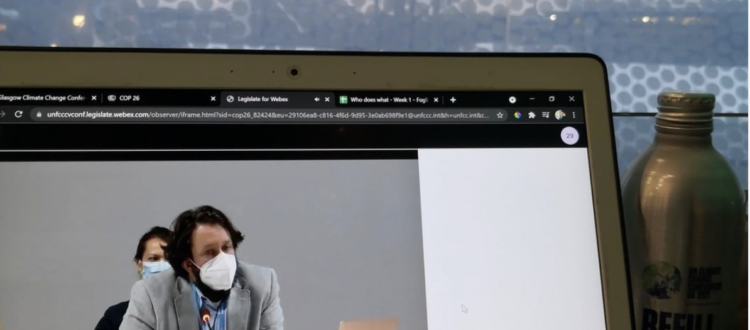COP26, TWO WEEKS TO CLOSE THE NEGOTIATION ON TRANSPARENCY
The issue related to transparency in reporting under the Paris Agreement appears, even to many experts, as one of the most complicated negotiation issues.
In the negotiation sessions, from COP24 in particular – when the general guidelines on reporting were approved – onwards, there has been a discussion about tables, rows, columns, formulas, creation of software for data entry. What underlies the whole story is actually a very important political issue in terms of governance: for the first time ever, an international agreement (the Paris Agreement) will allow for a single measurement system not only for the emissions of each country, but also for the progress made in mitigation and adaptation actions, in short, of a universal tool for surveying, measuring and indicating policies.
One of the objectives of COP26 is to reach the end of the negotiations with an agreement on the format and content of the tables for post-2020 reporting, (which will see a single common system for all countries to be adopted by 2024) to then continue with the development of a software that will allow to populate these new databases. Not an easy challenge given the numerous differences amongst views and approaches.
Nonetheless, from the first day of negotiations (Sunday 31 October) we have noticed an overall constructive atmosphere and the will to achieve the result; the delegates seemed to be willing to achieve what was left unfinished in Katowice by trying to find the right balance between ambition and actual reporting capacity of countries, according to the principle of common but differentiated responsibilities. The same impression was confirmed to ICN by some national delegates. Various countries then reiterated the need to be efficient and to focus on the topics to be discussed, without dwelling on secondary issues that would not lead to a common decision within these two weeks.
However, there’s plenty of obstacles to overcome. Not all countries are physically present in Glasgow and, in addition to logistical problems to reach the negotiation venue on time for those who participate in presence, a good web stream of the sessions is not guaranteed for those who have to participate remotely, as pointed out by the delegate from Costa Rica. Furthermore, not all countries agreed to work in small thematic working groups to carry out discussions even outside the official sessions.
The good intentions of the first day of negotiations were not kept during the second day (Monday 1 November) which saw Brazil and Saudi Arabia trigger deliberate slowdowns in the discussion through, for example, observations (rather instrumental, our point of view) on the inadequacy of the title of the document presented by the co-facilitators in the session and on the fact that the working note did not reflect, according to them, the comments presented by all parties.
Other issues presented during the sessions were the introduction of a pilot phase to test how the new data collection software works, to create guidelines for its use (other observers of the CAN International network wonder: “Who will develop the software ? Will there be a single software for everyone? ”) and the definition of a precise timetable to reach the reporting objectives within the established time frame. Considering that it would be desirable to have a semi-finished product in 2023, which is the year before the 2024 deadline for the entry into operation of the new universal system, will these two weeks be enough to reach an agreement on all issues?
by Aurora Audino, ICN Volunteer at COP26, and Jacopo Bencini, ICN Policy Advisor and UNFCCC Contact Point
You are reading this ICN COP Bulletin article as part of the EC DEAR SPARK project. Marirosa Iannelli, Coordinator of the Climate & Advocacy Department of ICN, overviews this activity. ICN monitors negotiations and reports what is happening in Italian and English, on our website and on social channels, as part of a pan-European consortium of over 20 non-profit organizations committed to promoting climate awareness with particular attention to the role of young people and issues related to international cooperation and gender policies.


